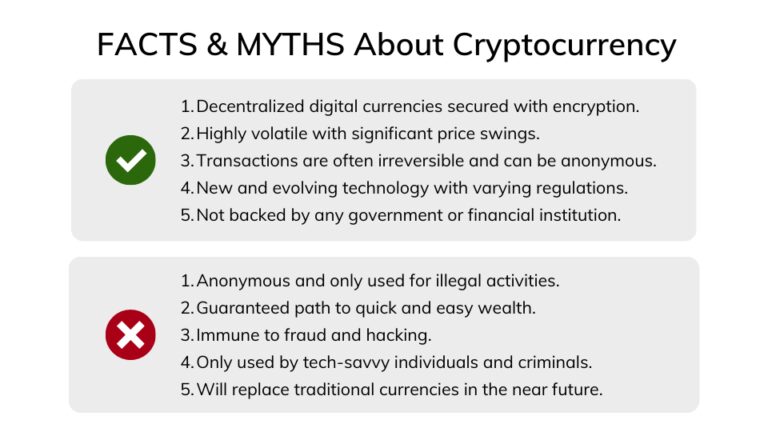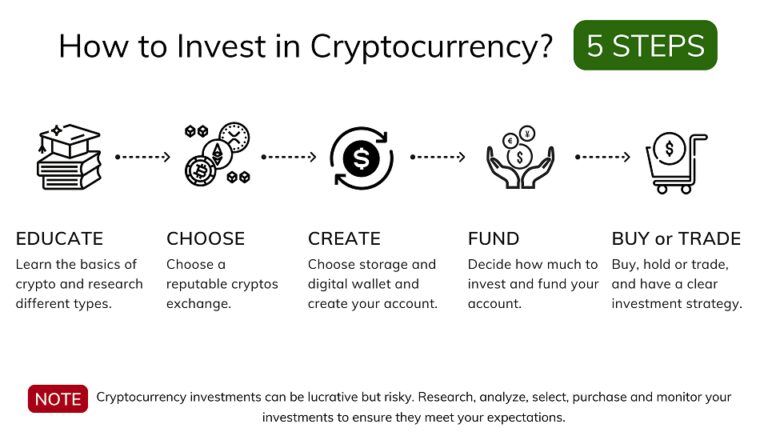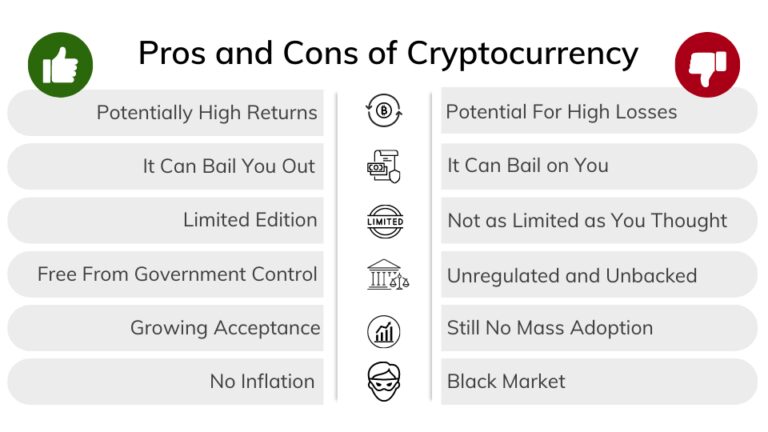Dive into the futuristic world of NFTs and how they are revolutionizing and empowering social impact projects globally. Through this blog, explore the innovative ways in which blockchain technology is triggering transformative change worldwide.

With the rise of blockchain technology, Non-Fungible Tokens, or NFTs, have emerged as a revolutionary means to tackle real-world problems. Let’s dive into understanding more about these digital assets and their potential to foster social impact.
NFTs are unique digital assets representing ownership of a particular item or piece of content, stored on the blockchain, a decentralized digital ledger. Unlike cryptocurrencies such as Bitcoin or Ethereum, NFTs can’t be directly exchanged for one another as no two NFTs are identical – hence the term “non-fungible”.
NFTs can represent any form of creative work, including art, music, virtual real estate, or even tweets. Owners of NFTs have the exclusive right to prove they own these pieces of content, often leading to an increase in an NFT’s value.
NFTs are typically bought and sold on various marketplaces that support the Ethereum blockchain. Some popular NFT marketplaces include OpenSea, Rarible, and NBA Top Shot. For a more extended exploration of NFT marketplaces, consider Exploring the Top NFT Marketplaces.
NFTs and social impact may seem worlds apart. However, when you consider the transparency, traceability, and security of blockchain technology – the backbone of NFTs – it’s clear to see how they could become a powerful tool for social good.
Through NFTs, artists, creators, and nonprofits can retain ownership and monetize their work directly, eliminating middlemen and encouraging fair trade. They give control back to the creator, provide a new level of traceability for donations, and can be a novel way to mobilize funds for social causes.
Challenges, however, do exist. The high energy consumption of NFT transactions, the potential for market volatility, and issues around copyrights and intellectual property rights pose possible roadblocks. Another major concern is ensuring that the benefits of this technology reach the marginalized communities who often need them the most.
In a nutshell, the journey of NFTs is just beginning. The possibilities are endless and can revolutionize how we approach social impact – if navigated cautiously and inclusively.
Non-fungible tokens (NFTs) are rapidly changing the way we view digitization and online transactions. They are also providing a new platform for social impact projects to gain traction and raise funds. Here, we’ll delve into the role of NFTs in fundraising for social causes and how they foster community empowerment.
NFTs have emerged as a unique tool for fundraising, providing a fresh perspective on how funds can be raised for social causes. Traditional fundraising methods, although still viable, often face challenges such as lack of transparency, high transaction fees, and inefficient tracking of donations. This is where NFTs, with their blockchain technology, step in.
Blockchain, the backbone technology of NFTs, has certain characteristics that can disrupt traditional fundraising methods. It offers transparency, security, and ease of transactions, making it an appealing option for donors and social impact projects alike. NFTs, being unique digital assets, bring a new dimension to the donation process. They not only represent the cause being supported, but also provide donors with a unique, tangible asset. This has led to increased interest and engagement from donors, amplifying the fundraising capabilities for social impact projects. You can find more details on this transformative trend in the article on How Blockchain Disrupts Traditional Fundraising Methods.
While raising funds is a crucial aspect of any social impact project, NFTs offer a lot more than just being a novel fundraising tool. They also play a significant role in community empowerment, an essential element of social impact. NFTs can create opportunities for individuals and communities to generate income, gain visibility, and have a say in decisions that affect them.
As digital assets that can be bought, sold, and owned, NFTs can provide a stream of income for marginalized communities. They have the potential to democratize the digital world by providing a platform for creators from all walks of life to monetize their work. This is particularly relevant in the field of art and digital content creation, where NFTs enable artists to retain the ownership and commercial rights of their work.
Furthermore, NFTs can act as a tool for participatory governance, a form of democracy in which communities have a say in decisions that impact them. This is possible due to the decentralized nature of blockchain technology. Through tokenization, communities can gain voting rights, giving them a say in the projects that get funded and the ways in which those funds are employed.
Thus, NFTs are proving to be an empowering tool for communities, revolutionizing the way social impact projects are implemented and managed.

Non-fungible tokens (NFTs) are more than just a digital art movement or a speculative investment trend. They’re becoming a dynamic tool for social impact, enabling new models of philanthropy and financial inclusion. To understand how they’re changing the game, let’s delve into two real-world examples: BC GAME and Roobet.
BC GAME is an innovative online gaming platform that has leveraged the power of NFTs to contribute towards social good. The platform has pioneered a unique model wherein gamers are rewarded with NFTs, which can then be auctioned to raise funds for charitable causes. This ‘play-to-donate’ model not only encourages greater engagement among participants but also fosters a sense of community and shared purpose.
Roobet, another key player in the online gaming industry, uses NFTs to power its social impact initiatives. The platform has created a series of exclusive NFTs, the sales of which fund a variety of community-driven projects. This innovative approach not only augments Roobet’s corporate social responsibility efforts but also boosts player engagement and brand loyalty.
Get a more comprehensive view of the inspiring role of NFTs in gaming platforms by exploring Trending NFT Games and Their Social Impact.
In summary, the power of NFTs in catalyzing social impact is being demonstrated by forward-thinking platforms such as BC GAME and Roobet. These case studies show that NFTs can be a powerful tool for fundraising for social causes, promoting financial inclusion, and fostering community engagement. As the field continues to evolve, we can expect to see even more innovative applications of NFTs for social good.

As the use of NFTs in social impact projects continues to evolve, the future promises exciting new developments and opportunities. In this section, we’ll explore some of the emerging trends in NFTs for social impact and make predictions about how these unique assets could transform the landscape of this sector.
In recent times, we’ve begun to see some intriguing trends in the use of NFTs for social impact. This includes:
Understanding and adapting to these trends is a crucial step towards leveraging NFTs for social impact. More insights on these trends are available in our NFT Market Trends Analysis.
Considering the ongoing evolution of the NFT space, it’s possible to make some educated predictions about future developments. Here are three key ways in which NFTs could potentially transform social impact projects:
In these and other ways, NFTs hold the promise to revolutionize how we carry out and fund social impact work. However, the realization of this potential will require ongoing innovation, strong ethical frameworks, and careful navigation of the legal landscape.

As NFTs forge their way into the realm of social impact, their implementation necessitates a thorough understanding of the legal and ethical landscape surrounding their use. The unique connections between blockchain technology, virtual assets, and the real-world impact spheres raise both possibilities and challenging legal questions.
Given the significant legal complexities surrounding NFTs, it is important for organizations to understand the legal landscape and the associated risks before diving into NFT-based projects. The legal considerations include intellectual property rights, contractual obligations, and regulatory compliances.
For detailed guidance, you may find it helpful to refer to A Guide to Navigating NFT Regulations which provides an in-depth understanding of the legal intricacies of NFT use.
Alongside legal considerations, NFT-based social impact projects also pose certain ethical challenges. Implementing NFT-driven initiatives requires a steadfast commitment to maintaining transparency, fairness, and integrity to establish trust among all stakeholders involved.
Understanding these legal and ethical factors is crucial to stay compliant and build a reliable reputation in this emerging domain. By considering these aspects, organizations can harness the potential of NFTs for social impact more effectively and responsibly.

